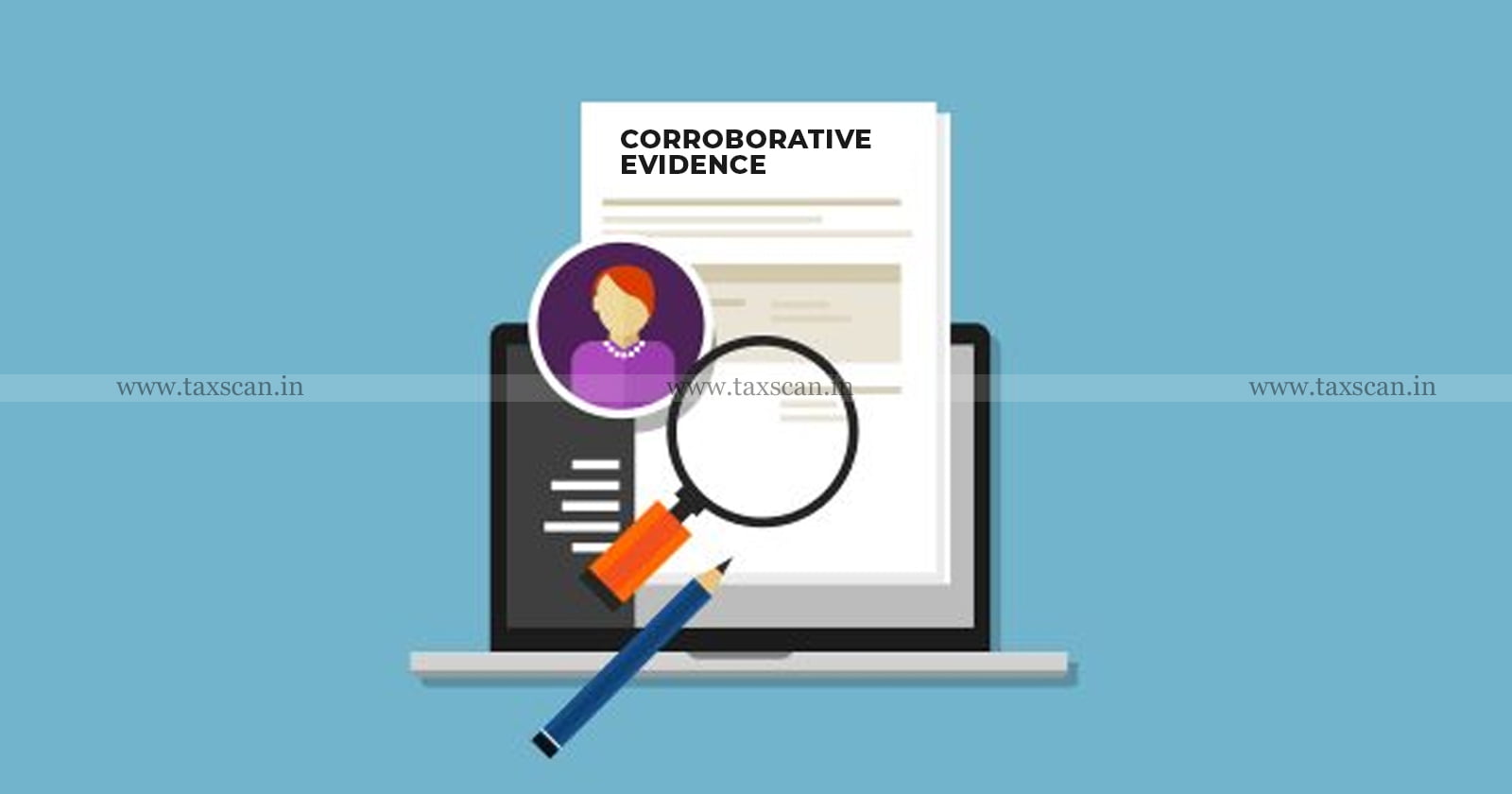Explanation to Income Tax S. 12AB(4) on 'Specified Violations' Introduced in Finance Act, 2022 Applies Prospectively Only: ITAT [Read Order]
The bench concurred with the contention of assessee that retrospective application was legally untenable and that the power to cancel registration rests solely with the CIT(E) as per CBDT Notification.
![Explanation to Income Tax S. 12AB(4) on Specified Violations Introduced in Finance Act, 2022 Applies Prospectively Only: ITAT [Read Order] Explanation to Income Tax S. 12AB(4) on Specified Violations Introduced in Finance Act, 2022 Applies Prospectively Only: ITAT [Read Order]](https://images.taxscan.in/h-upload/2025/06/18/2049849-itat-delhi-income-tax-s-12ab4-specified-violations-finance-act-taxscan.webp)
The Income Tax Appellate Tribunal ( ITAT ), Delhi Bench, has held that the Explanation to Section 12AB(4) of the Income Tax Act, 1961, introduced by the Finance Act, 2022, which explains “specified violations” for the purpose of cancelling a trust’s registration, can only be applied prospectively from Assessment Year (AY) 2023-24 onwards and not with retrospective effect.
The decision was made in a batch of appeals submitted by the Florence Nightingale Educational Society, Jindal Charitable Society, and Lala Sher Singh Memorial Jeevan Vigyan Trust Society. All three organizations contested the Principal Commissioner of Income Tax (Central), New Delhi's orders to cancel their long-standing registrations under Section 12AA on the grounds of purported violations that fell under the enlarged definition put forth in Section 12AB(4).
How to Audit Public Charitable Trusts under the Income Tax Act Click HERE
The PCIT had relied on statements recorded during search operations and reports submitted post-assessment to invoke cancellation of registration with retrospective effect from AY 2011-12, 2014-15, and 2016-17 respectively.
The assessees contended that such retrospective application was legally untenable and that the power to cancel registration rests solely with the Commissioner of Income Tax (Exemptions) as per CBDT Notification No. 52/2014.
Accepting these arguments, the ITAT emphasized that the “specified violations”, a newly inserted concept by the Finance Act, 2022, effective from April 1, 2022, cannot be applied to assessment years prior to AY 2023-24. It further stated that any such retrospective cancellation not only violated principles of natural justice but also lacked jurisdiction, especially when the PCIT acted without statutory authority.
 Also Read:Post-Midnight Search Confession by Non-Accounting Partner Unreliable Without Corroborative Evidence: ITAT [Read Order]
Also Read:Post-Midnight Search Confession by Non-Accounting Partner Unreliable Without Corroborative Evidence: ITAT [Read Order]
The bench of M. Balaganesh (Accountant member) and C.N. Prasad (Judicial member) also referred to earlier decisions, including Islamic Academy of Education v. PCIT, and Human Welfare Foundation v. DCIT (Exemptions), which had reinforced that the powers introduced under Section 12AB(4) are prospective in nature. The tribunal concluded that invoking those provisions to cancel registration for earlier years amounted to an arbitrary and colourable exercise of power.
Tax Planning For Trusts and cooperation Societies - Click HERE
The ITAT bench noted that the actions of the PCIT demonstrated a predetermined intent to cancel registration, irrespective of legal limitations. Accordingly, the ITAT quashed all orders of cancellation and restored the registration of the three societies, providing them substantial relief.
 Also Read:ITAT Deletes Addition u/s 56(2)(x); Holds Sale Price Below Stamp Duty Value Justified Due to Title Dispute, Variation Within 5% Threshold
Also Read:ITAT Deletes Addition u/s 56(2)(x); Holds Sale Price Below Stamp Duty Value Justified Due to Title Dispute, Variation Within 5% Threshold
Support our journalism by subscribing to Taxscan premium. Follow us on Telegram for quick updates


